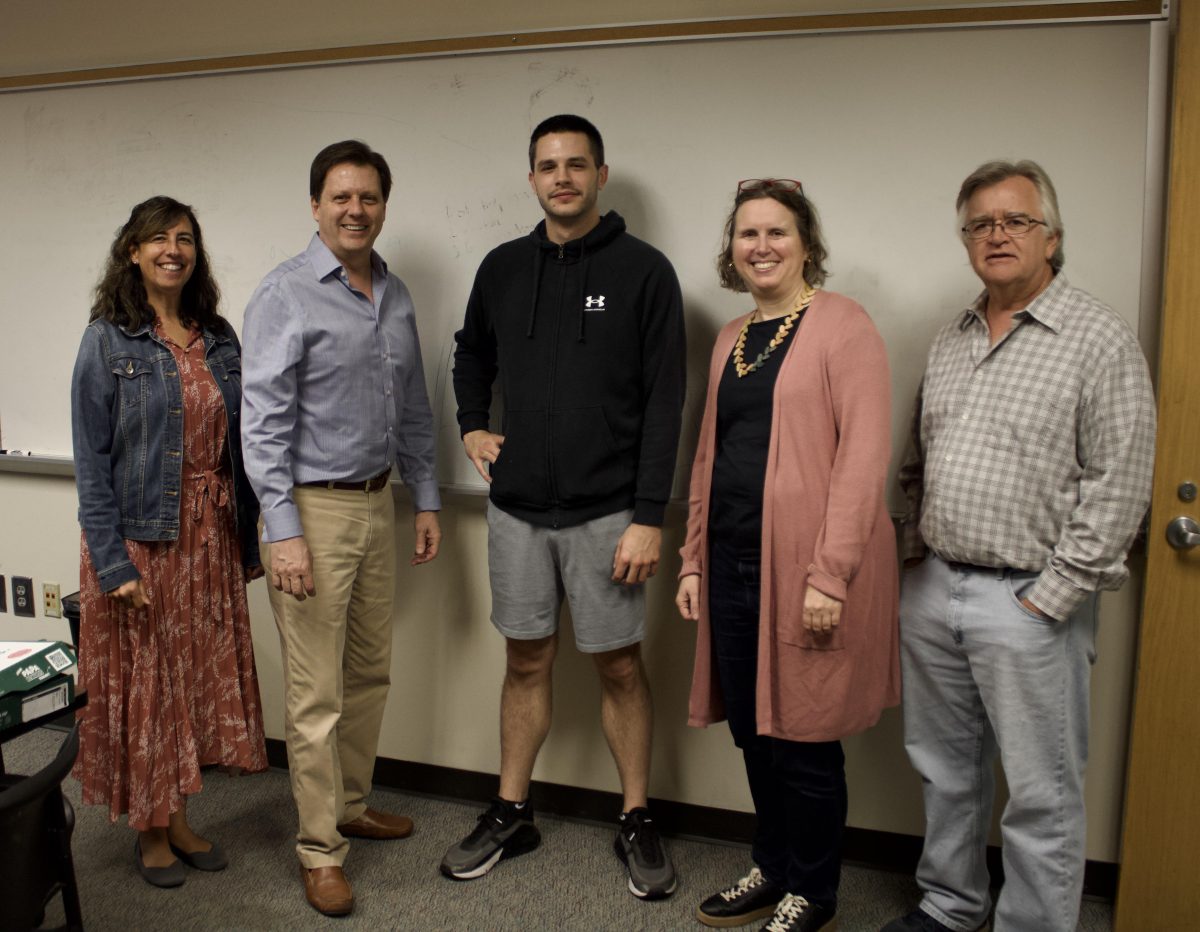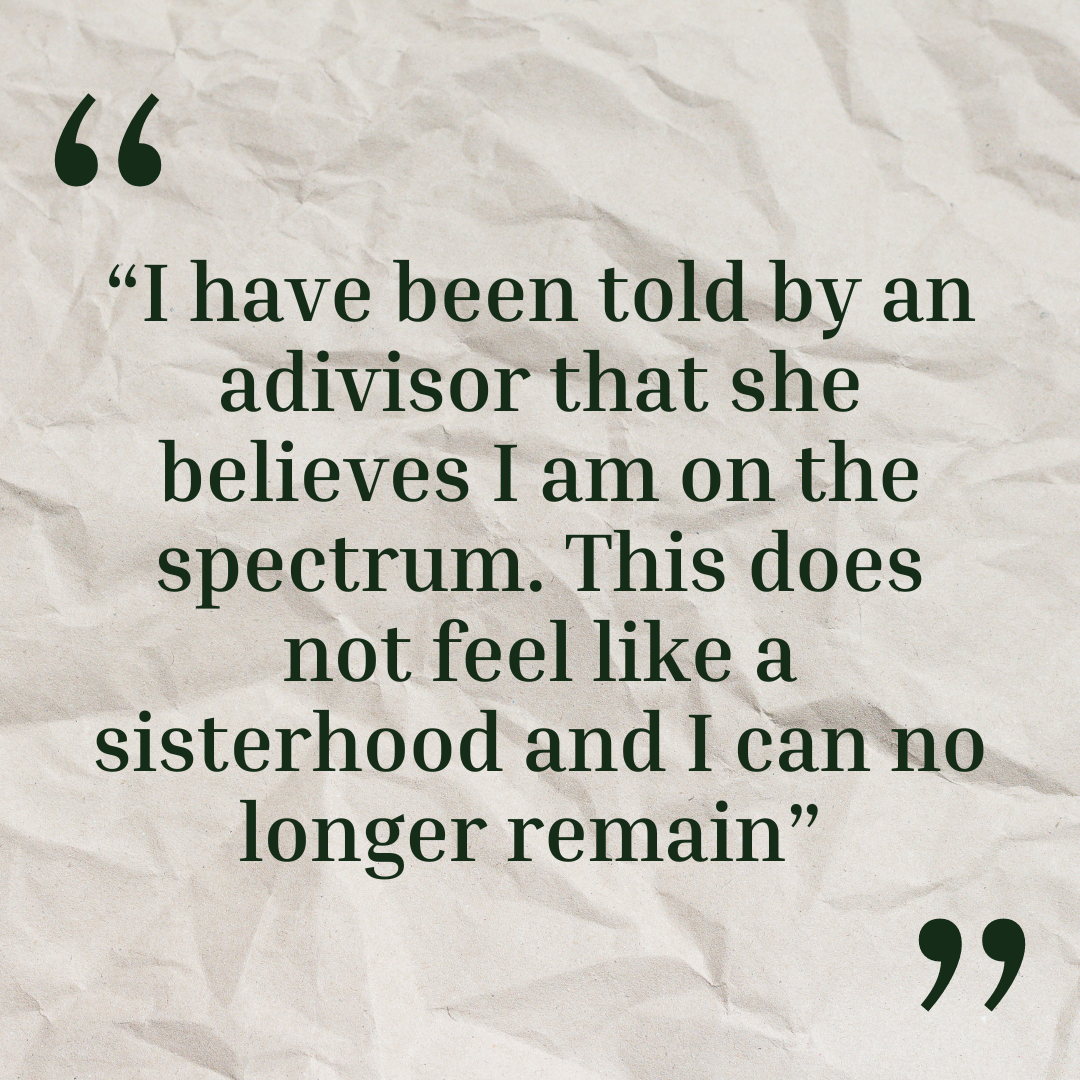
Genice Simpson, Staff Writer
On Friday, Nov. 10 at noon in the Ogeechee Theater, Professor Allison Belzer, a history professor, gave a lecture about Women in World War I in Italy to students and faculty. Belzer mainly spoke on facts established by different authors, but she also included some of her own opinions concerning this discussion.
A passage entitled Women’s Mobilization for War (Italy), written by Stefania Bartolini on the International Encyclopedia site, informs us that on May 29, 1915, the Prime Minister, Antonio Salandra, along with the Italian Government, called on its citizens for help. Assistance was needed for the care of wounded soldiers and for the families of soldiers. Bartolini says that women’s groups answered this call, but on a volunteer basis only.
Professor Allison Belzer informed us that during World War I in Italy, women began taking on jobs because their husbands were away at war. This was out of the norm for Italians because women had more of a subordinate role and did not work. According to Belzer’s lecture, she stated, “women working gave the older generation, especially men, anxiety and upset them.”
Belzer mentioned that some Italian women took on jobs making clothes and nursing during World War I. While working, they had to wear uniforms that were very similar to a Nuns attire. Women who worked for the military would work on Hospital Trains or in Field Hospitals. To become a nurse, women had to take a total of 33 classes first and receive training. Women were responsible for paying their own way through Nursing school; however, if they got a job as a Nurse, they were not paid. There were other jobs as well that did not pay them during this time.
Professor Belzer commented on where she believes the role of women in Italy originated during this time.
“I believe it was from Catholic Tradition. It was believed that women were men’s helpers. They don’t have a strong voice. Women were very powerful in their homes.”
There were women who opposed the war, supported it, and some who were neutral in their stance concerning the war; but, regardless of their stance, they assisted or volunteered during the war. Practical feminism, The Women’s Union and suffragists are some of the women groups that were formed. Some women groups helped those who needed jobs, homes and were in trouble. Suffragists believed that if women received the right to vote in political elections, this would ultimately bring about equality for women, or full citizenship.
Professor Jack Simmons also gave insight on where he believes these roles came from.
“I believe it is because of their nation status. Italy had not long become an independent country, and it’s similar to a small community. They are not going to have big social movements, because they don’t have those type of conversations. Italy has some government, but practice much more old fashioned 1890’s beliefs.”
Suffragists in Italy were successful in their endeavor to gain women the right to vote in national elections in 1946. In 1985, Italy joined the Convention on the Elimination of All Forms of Discrimination against Women.
This lecture was one of many in the 2017-2018 Robert I. Strozier Faculty Lecture Series.
For more information and upcoming events, please visit armstrong.edu/faculty-staff/faculty- lecture-series.













